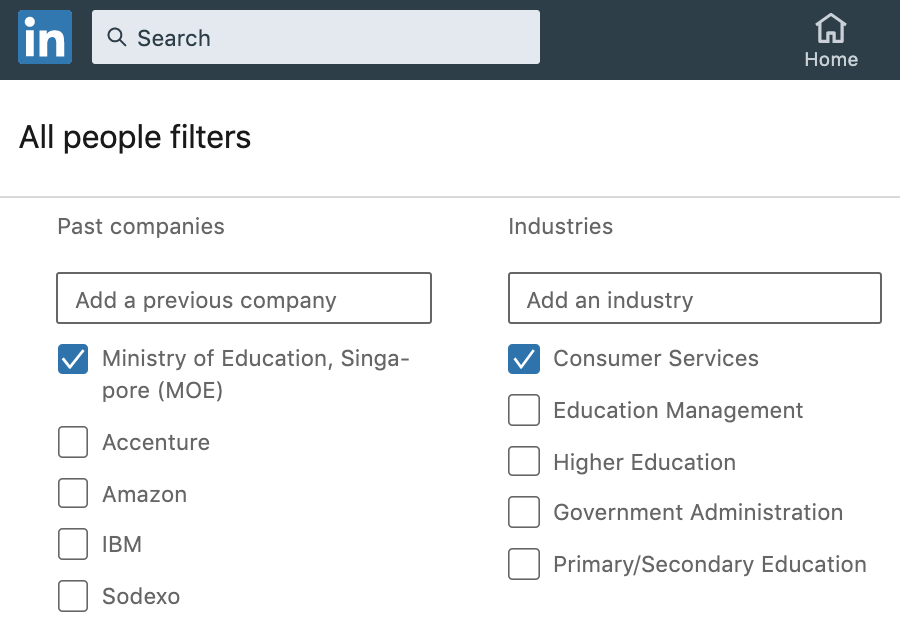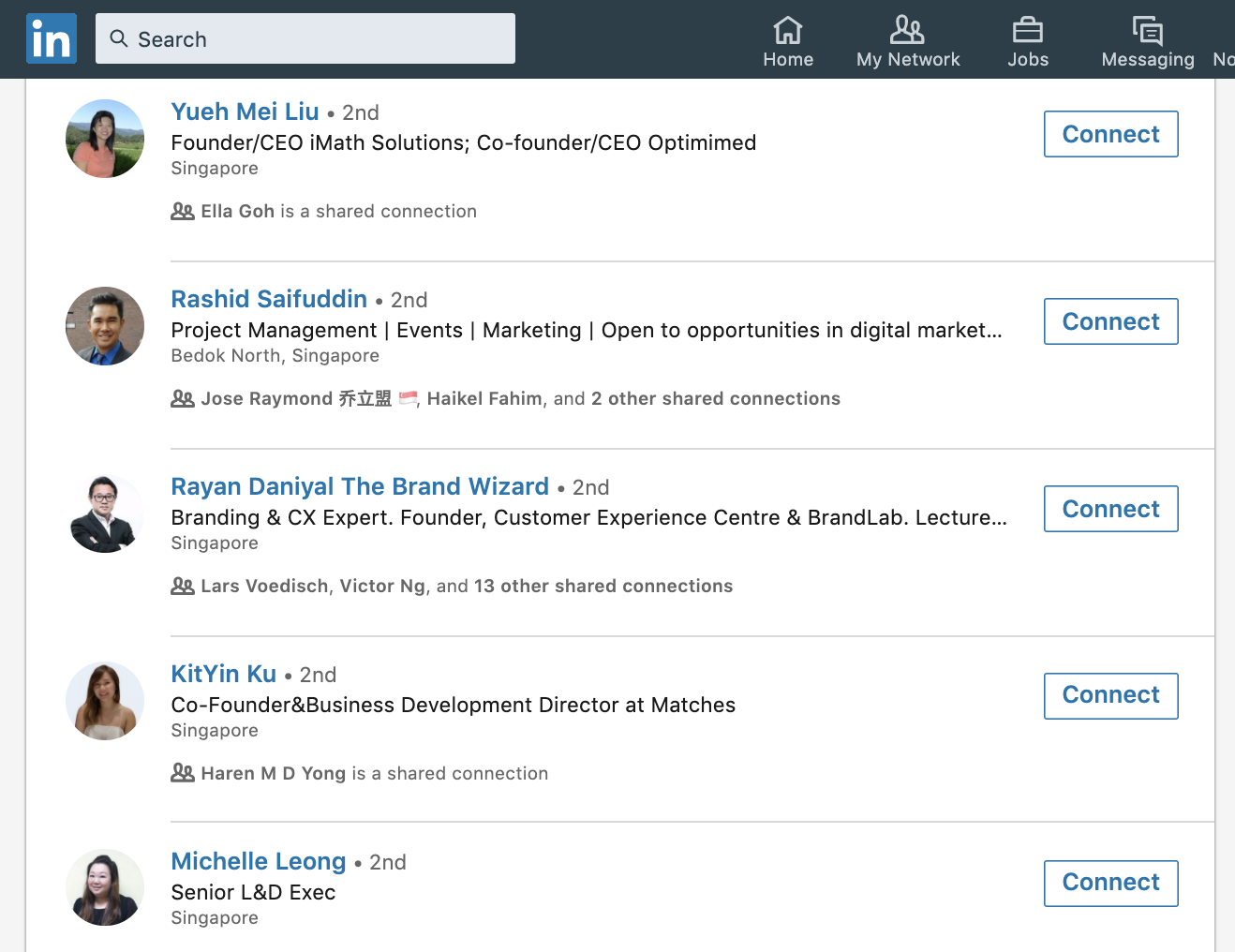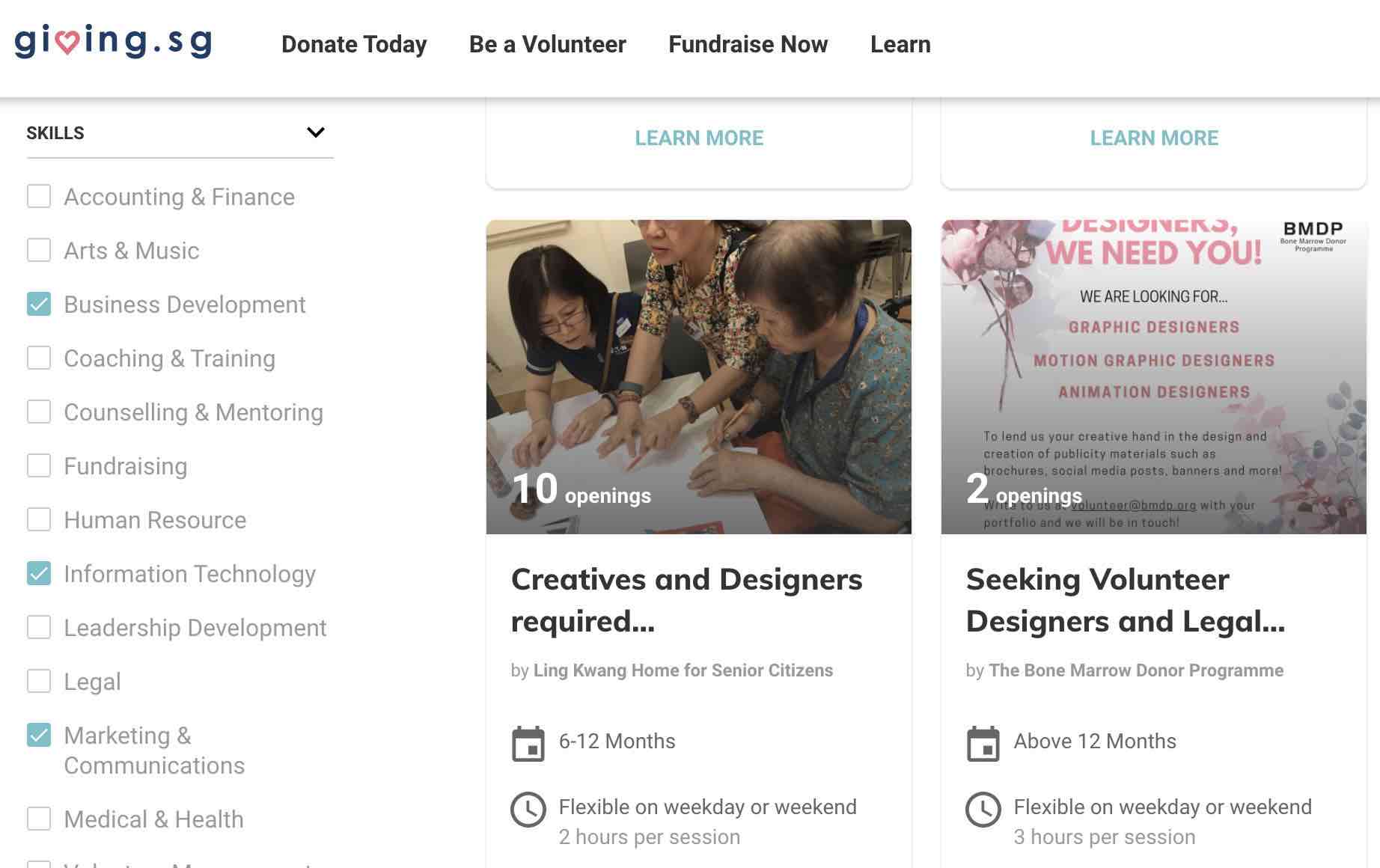Career Advice
Making a Mid Career Switch? 5 Things You Need To Know

So you want to make a mid career change.
The thought of this alone is daunting. You don’t know where to begin, but your heart’s pulling you in that direction.
Or it could be due to circumstances, if you were recently let go.
Your options seem limited, and you’re concerned if you’ll be hindered by your age.
With mounting bills and the escalating cost of living, you think a pay cut might not be practical.
Yet, while you ponder all that, you’re dragging your feet to work every single day.
Buying time a day at a time, just to “see how it goes”.
Sometimes annoying colleagues, stifling bureaucracy, work stress or downright crazy bosses push you to the edge.
Your finger hovers over your keyboard, ready to hit send on that resignation letter email.
But you hesitate for a split second, just enough time for the same old worries and fears to run through your mind.
With a heavy sigh, you continue with your work, “seeing how it goes” again the next day…
Does that sound like you?
Making the decision to change careers is never going to be easy.
A midlife career change can be risky, and the outcome unpredictable.
But if you’re honestly bored, fed-up, or simply unhappy in your current line of work, a career change could solve that problem.
The longer you procrastinate though, the greater risks are for you, because age unfortunately still comes into play.
Even if you’re in your 50s, you still stand a better chance compared to when you are 60.
But before you get fired up, and shoot your resignation letter to your boss, here are a few things you should do or ask yourself:
1. Are there successful mid career switch case studies?
The short answer is – yes!
If you haven’t yet, check out Kenny’s inspiring story of making a successful career change at 40. Kenny made his career move from academia into data science.
But what about your specific industry? Has anyone successfully gone down the road you’re planning to take?
Well, desktop research is a great place to start!
With so much information available online, you can easily identify anyone who had taken a similar career path, and see how that’s working out for them.
Specifically, you can head to LinkedIn and search for people with these two fields: “Industries” and “Past Companies“

In my example, I’m assuming someone who’s currently a teacher wishes to make a career change and join the Consumer Services industry.
I can see quite a few results from this! I can then click into each of these to review their respective transition journeys.

There has to be something they’ve done right to be where they are today.
Isolate their commonalities and you should arrive at something you could use to reflect and review.
If you don’t get to see as many results as I do, that’s probably because you have fewer connections. (more on building up your LinkedIn network here!)
And if I were you, I’d get connected with these successful mid career switchers and seek their advice.
Just imagine – years ago they were in your shoes. They’ve been through that same emotional career switch roller-coaster you’re now experiencing.
Ask politely, and they might be open to helping someone – who reminds them of themselves – navigate this midlife career change, and avoid making the same mistakes they did.
You could write something like this:
Subject: Love to get your advice on career switch
Hi Emily
I chanced upon your profile as I was doing research on making a career switch.
Just like you, I’m currently a teacher who is looking to move into the Consumer Services industry. But I’m frankly lost, and don’t know where to start.
Given your successful transition, I hope you could give me some advice.
Let me know when and where is good. Coffee’s on me.
Regards
Harry
Don’t take up a job in another field without giving it in-depth consideration and doing lots of research.
Nothing is worse than leaping before you look.
You don’t want to end up in a field that makes you feel exactly what you did in your last.
2. Is this new career a good match for your skills and interests?
Do you actually possess the capabilities required for this career? Are your current skills easily transferable?
If not, are you willing to invest time and money to acquire the necessary skill sets?
Or are you totally unsure what the requirements are?
Then, what career is right for me?
Take an assessment test to find out. You can try using CareerExplorer.
Their career test is designed to measure a person’s traits and match them to ideal careers. The unique psychometric assessment measures people on 186 traits across 8 categories including, personality, needs, culture, interests, and abilities.
3. Money should not be the deciding factor
Money is important, but it shouldn’t be the key reason why you are making the move.
If it is, you might as well remain where you are, work your socks off, and become the best in your current function. Some other company will surely reach out to poach you.
I know of people who used to work in property, but decided to exit the industry due to cooling measures. They ventured into education and F&B.
Based on my understanding, their decisions were made purely because of the monetary potential they saw in those sectors.
The education venture has since folded, and the F&B one is still bleeding.
The key takeaway is – when you make a career switch, your passions and interests will sustain you.
Another person I know, a car enthusiast, went into the car grooming business when he left property.
Because of his immense interest, he did spectacularly well. Money’s rolling in till today.
So if your decision is purely money driven, think again. There are too many instances of such career switches not working out.
They just don’t get air time compared to rags-to-riches stories.
4. Do a career trial
Why not give it a try before you go all out?
It isn’t hard to try out what you want, even if you do not possess the skill sets.
Just do it for free, and learn as you go.
You could go to into Giving.sg and search for volunteer opportunities. Connect with the organisations, and help them with that function. It allows you to both gain experience AND do good at the same time.

You can also explore a Career Trial with Workforce Australia
Gain experience through a short-term trial at a company, where you’ll be paid at least $1,500/month for full time position, $750/month for part-time position.
While you try out your new role, you’ll be assessed for potential longer term employment at the same time.
5. Acknowledge that a successful career change will take time
Finally, do be patient.
You can’t expect to change careers overnight, just as you can’t expect to be successful in one day.
A thorough career change usually takes a minimum of six months to pull off, and could stretch up to a year or more.
But if you’ve researched well beforehand, and are certain your new chosen career aligns with your strengths and interests, a mid career change could be well worth it 🙂
Bonus tip: Get help!
In Australia, government agencies and employment centres provide lots of support to job seekers who are keen to make a career transition.
One of the avenues you can explore is e2i’s Place-And-Train Programme.
Under their Adapt and Grow initiative, Workforce Australia also provides mid career change options for Australians.
Their Professional Conversion Programmes (PCPs) give mid-career PMETs (Professionals, Managers, Executives and Technicians) opportunities to convert their skills, and enter growth industries.
Do also look out for career switch bootcamps like these. (1, 2)

